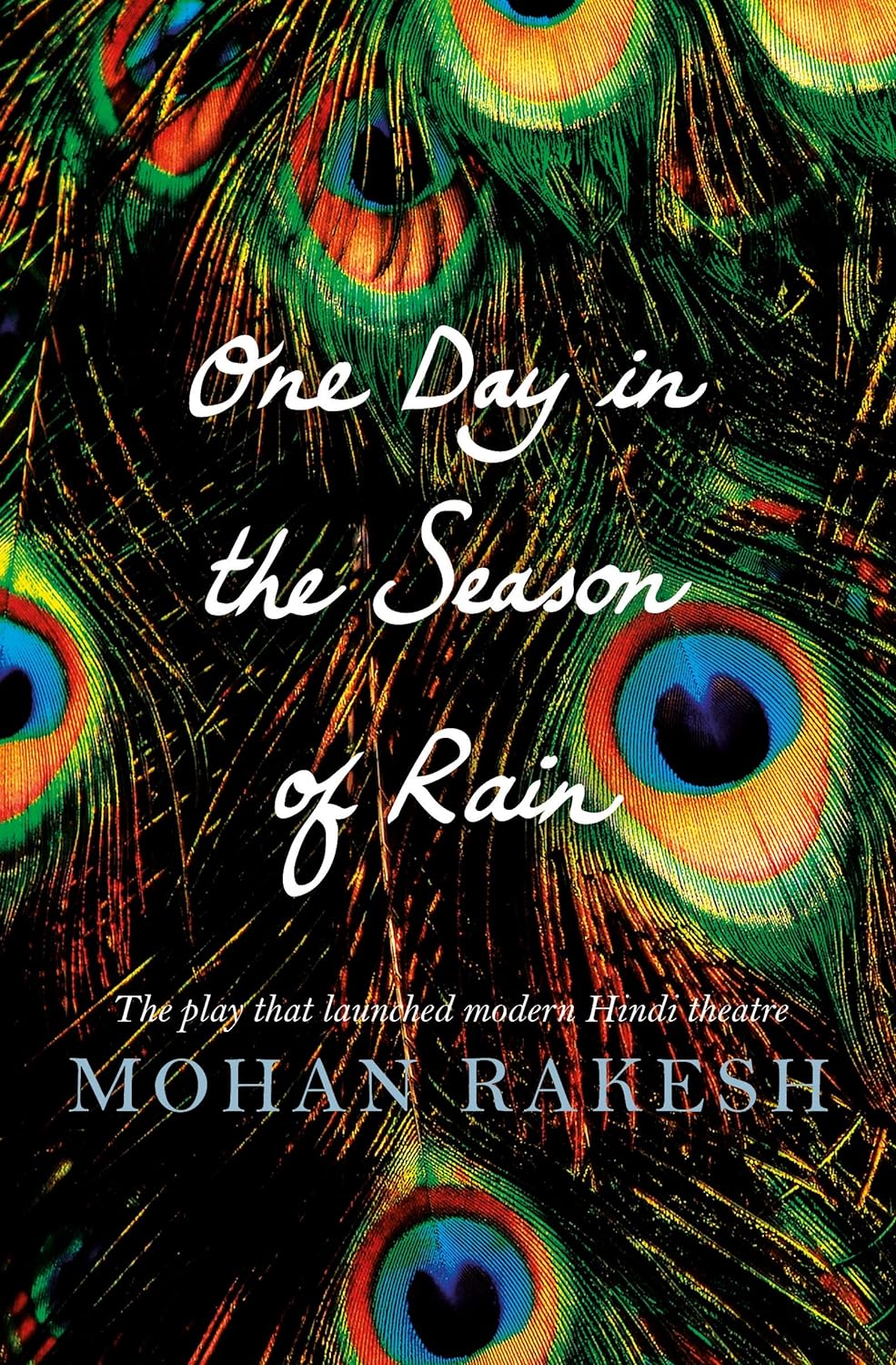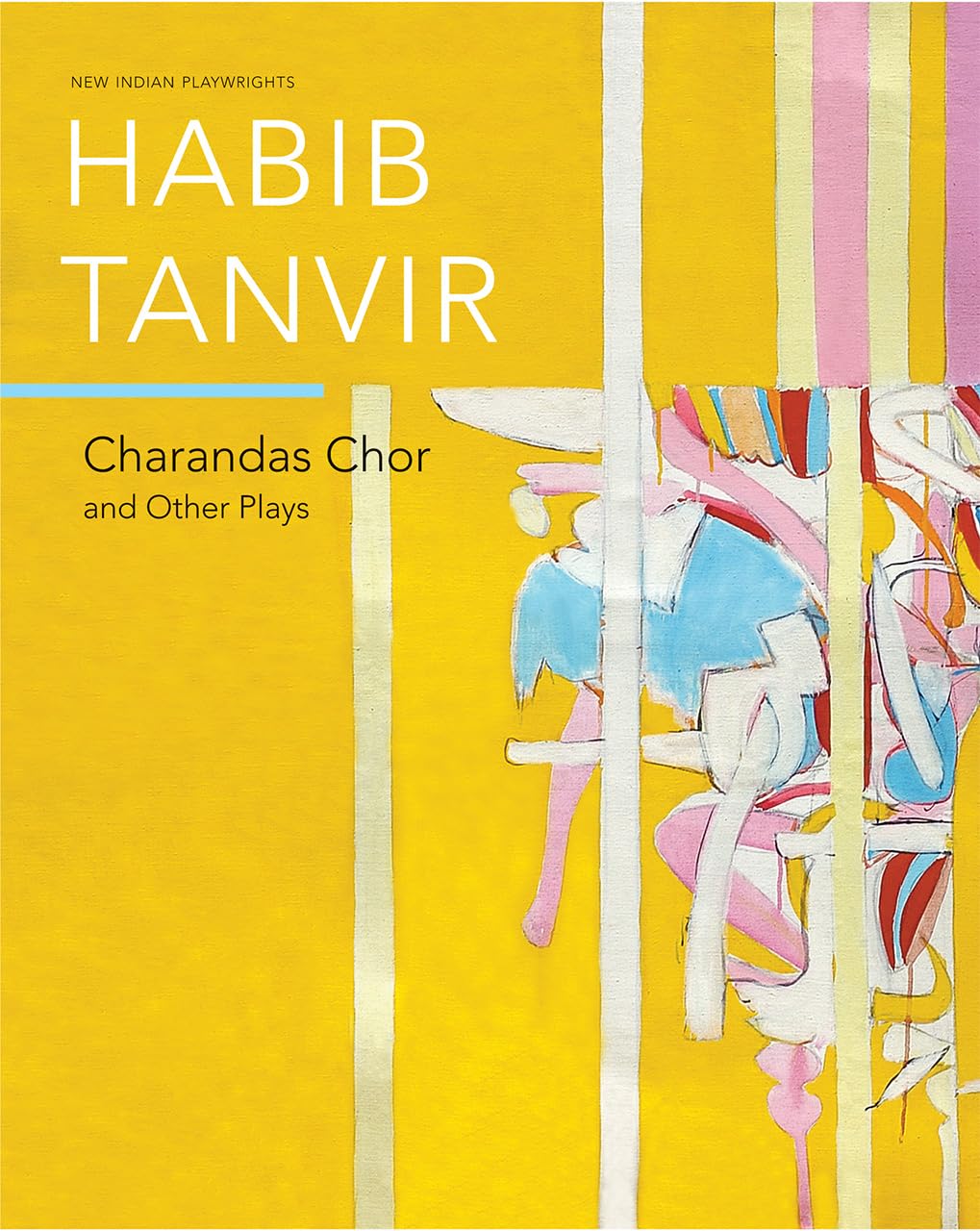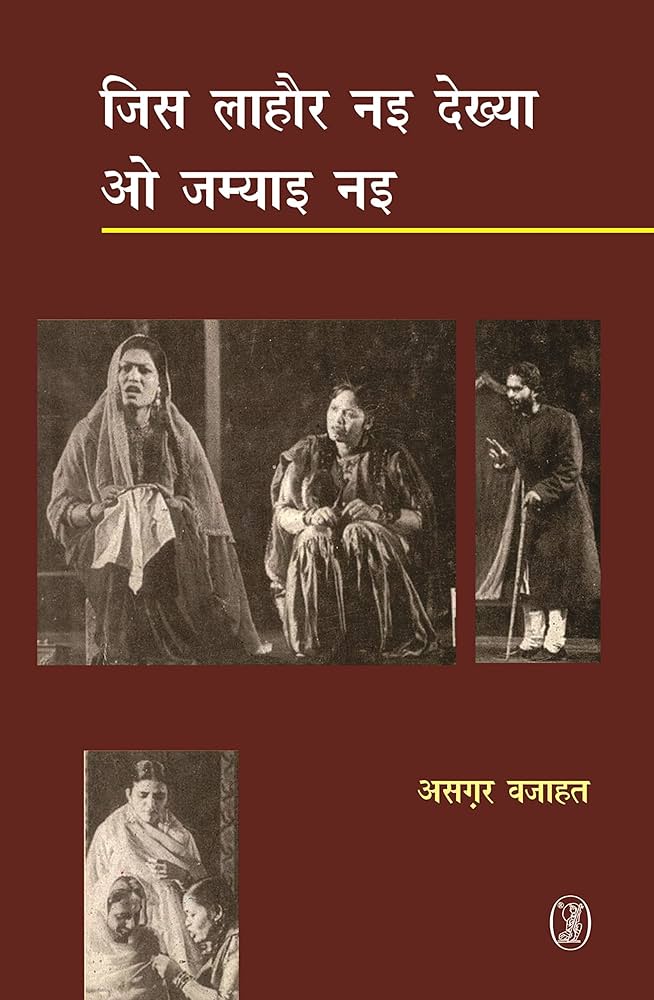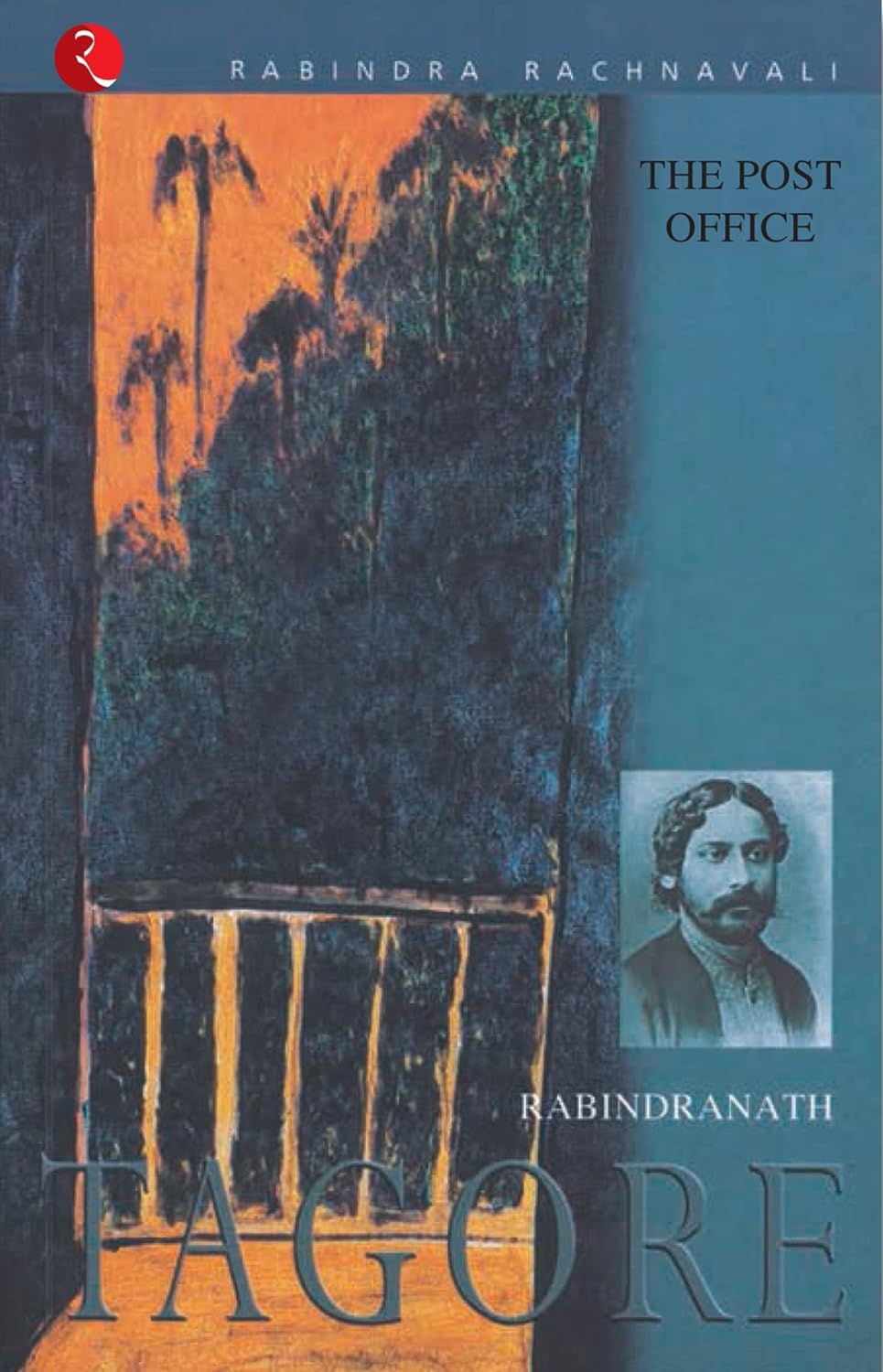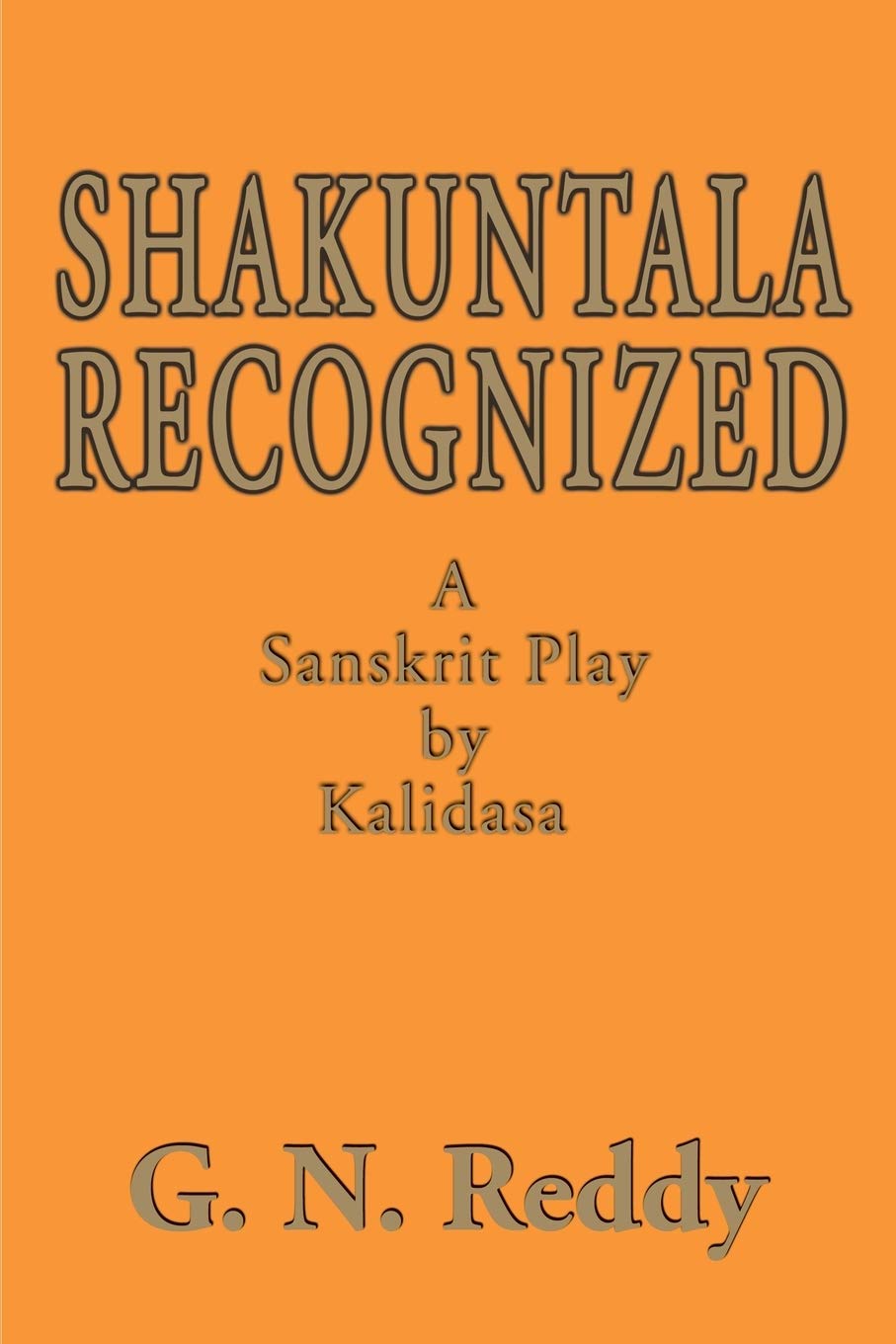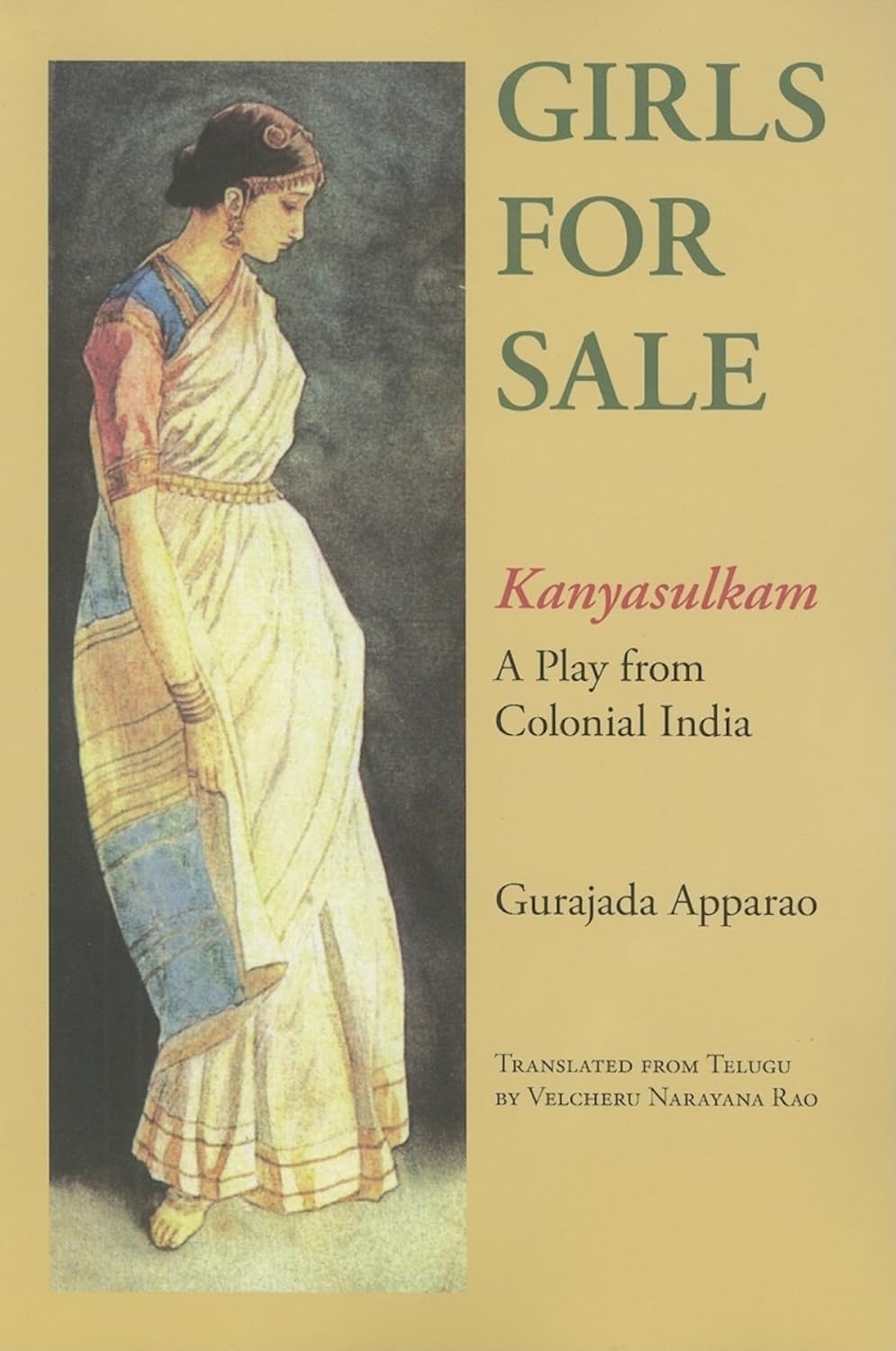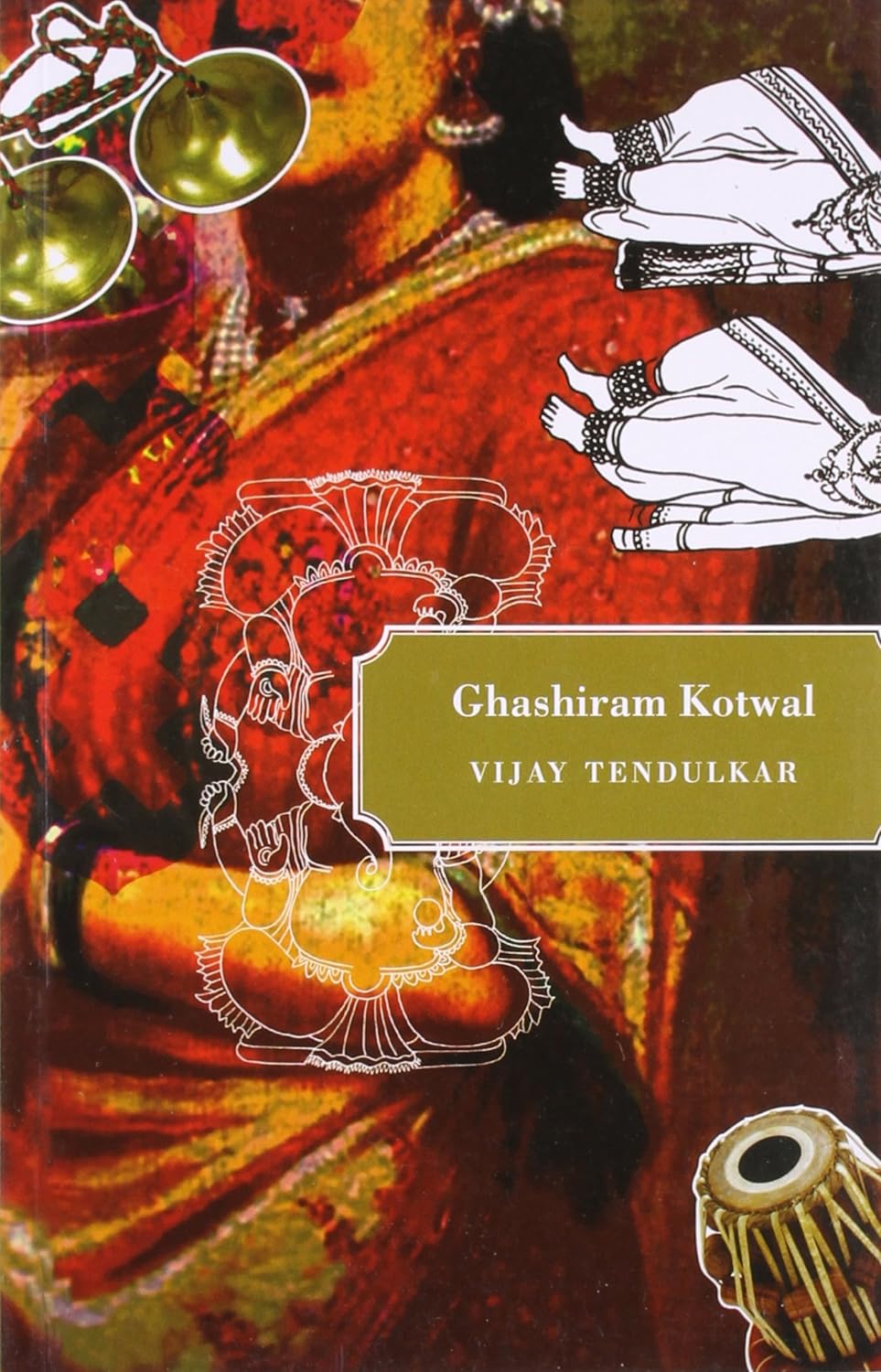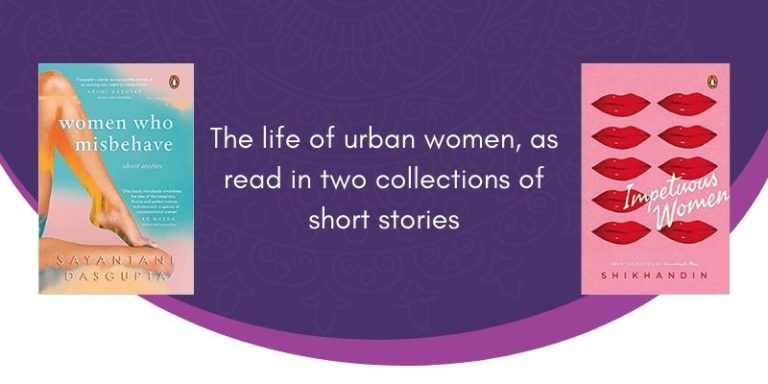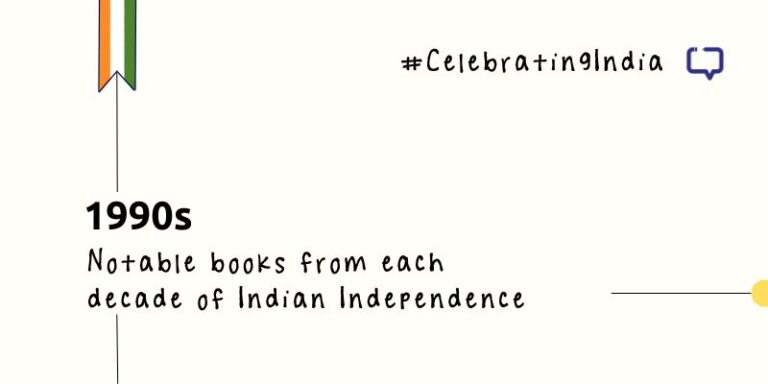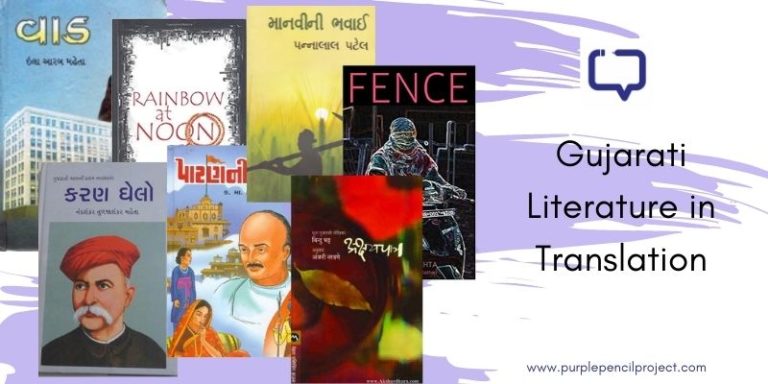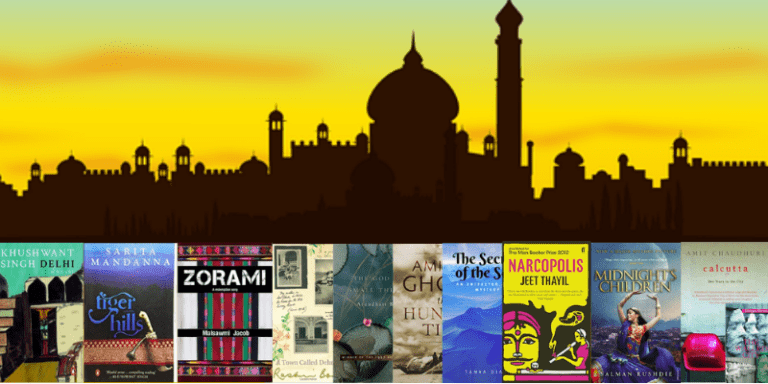Indian literature has a rich tradition of dramas and plays through the centuries. With strong oral traditions, stories were seen and heard, and not read. We’ve had various iconic Indian plays through the years, and this article aims to compile them in one place. We’ve focused on cultural importance and richness in our list, and you’ll find stories from across the Indian states. These Indian plays have often shifted the collective consciousness by raising important questions and critiquing social norms.
We encourage you to buy books from a local bookstore. If that is not possible, please use the links on the page and support us. Thank you.
These stories range from social critiques to mythological retellings to philosophical dilemmas. If we missed a title that should be included in our list, comment below! Let’s begin our list of recommended Indian plays!









